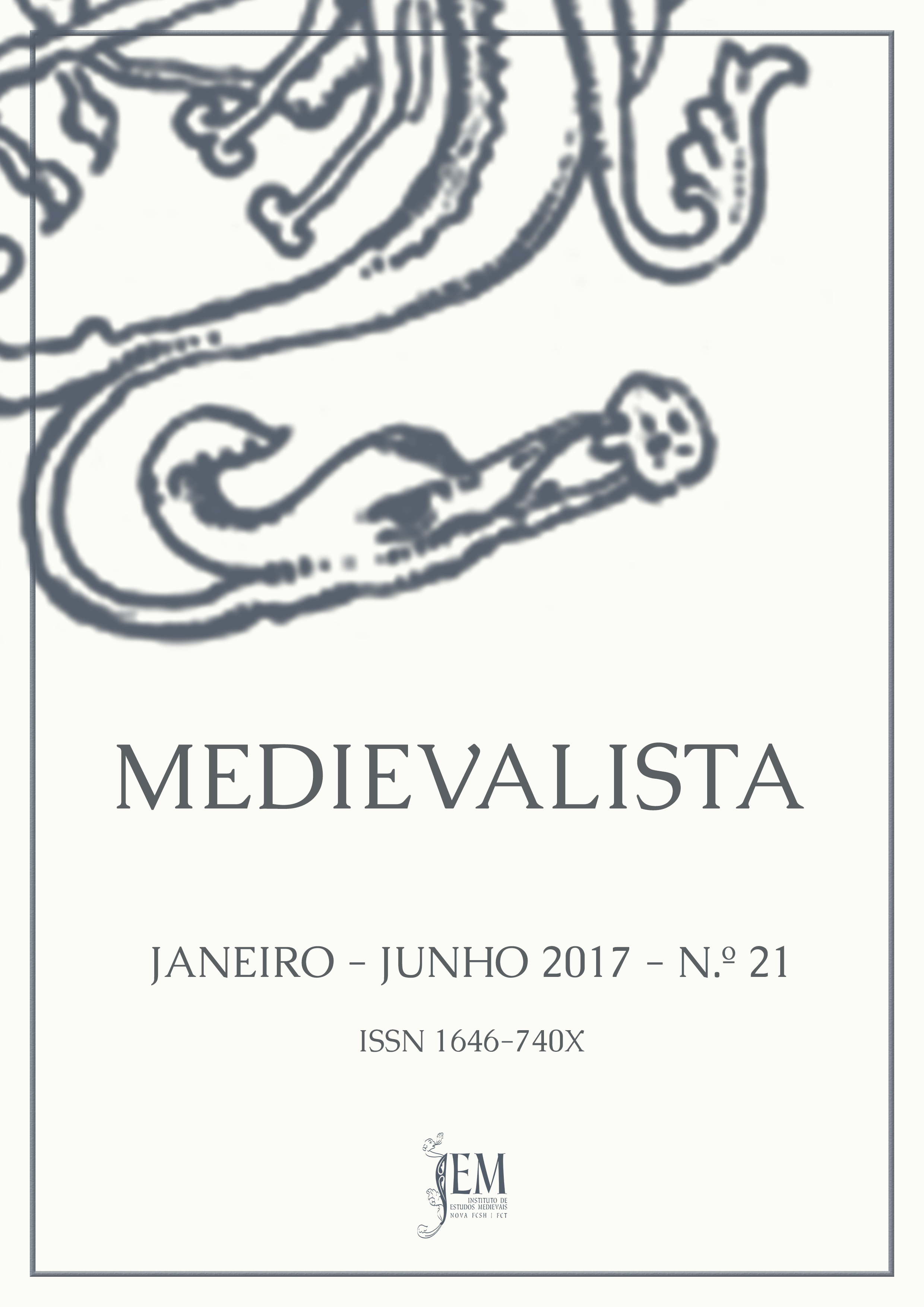Craftsmen and the council of Lisbon in the 14th century: an attempt of synthesis (1300-1383)
DOI:
https://doi.org/10.4000/medievalista.1268Keywords:
Craftsmen, City Council, Lisbon, Dynastic transition, OligarchyAbstract
During the 14th century, Lisbon's city council passed through a deep process of elitization. With the interference of the royal power, knights, great merchants, squires, clerics and literatimonopolized the council's positions, creating a real oligarchy. Summoned by public announcement, craftsmen took part in a restrict number of the city council's general reunions, as a way to legitimate its decisions. This paper aims to present, through the documents that remain until today, the main council affairs and how this organization summoned those urban workers, as well as analyse this institutional presence inserted in the social experience and motivations of the craftsmen during the 14th century. We consider that the marginalization of this social group, when compared to its transient, though remarkable, political insertion in the 13th century, is one of the keys to the understanding of the complex rebellion processes that happened between 1370 and 1383 and their active protagonism in the events that constitute the Avis dynastic crisis in 1383-1385.
Downloads
Downloads
Published
How to Cite
Issue
Section
License
Copyright (c) 2025 Medievalista

This work is licensed under a Creative Commons Attribution 4.0 International License.





















